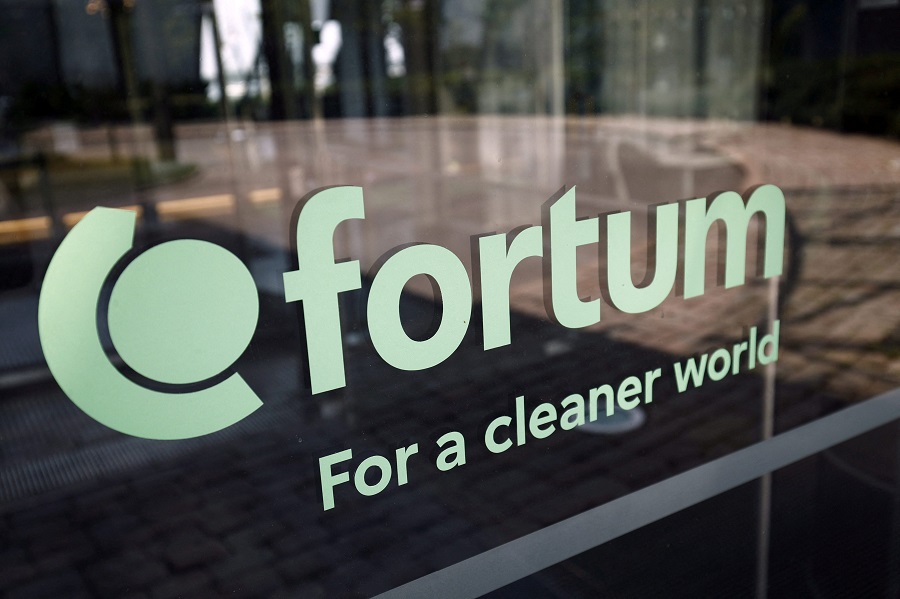Things to know before discontinuing your ULIP premium before lock in period

The unit-linked insurance plan (ULIP) is a hybrid product which combines the benefits of investment and insurance in one product. ULIP is a variant of life insurance plans, which provides risk cover for the policyholder along with investment options. The policyholder can choose to invest in any number of qualified investments such as stocks, bonds or mutual funds.
What is a lock-in period?
A lock-in period, as the name suggests refers to the tenure for which you are locked with a ULIP, with no provision to withdraw money prior. In 2010 the Insurance and Regulatory Development Authority of India (IRDAI) changed the guidelines relating to ULIPs and extended the lock-in period from 3 to 5 years. Therefore, a ULIP purchased on or after September 1, 2010, comes with a 5-year lock-in period. It is a stipulated time during which if the policyholder surrenders or discontinues the policy, the policyholder won't receive the liquidity or payout.
During this period, the policyholder does not receive any payouts. Withdrawals are allowed after the end of the lock-in. Maturity proceeds are paid at the end of the maturity period.
ULIPs have a lock-in period of 5 years but investors can surrender the fund before completion of the lock-in tenure. The risk-cover will cease once you submit the request for surrender, however, the money will be paid to the policyholder only after the end of 5 years.
What happens if you discontinue premium payment?
Sometimes you may realise that the ULIP is not serving your financial needs. Or sometimes you are unable to pay the premium. In the event of discontinuance, that is, of the policyholder ceasing to pay the premiums, it is treated one of the two ways: you either revive the policy or withdraw from the scheme without life insurance cover.
Here’s what goes down:
Once the premium payment is discontinued by you, the insurance company sends a notice within 15 days after the expiry of the grace period of the policy with regards to the revival of the policy.
Within 30 days of getting the notice, you should intimate the insurance company if you want to completely withdraw the policy. If you choose to revive the policy, it is done by paying the unpaid premiums and applicable charges within 2 years of the discontinuance.
If, however, you withdraw from the policy once and for all, the insurance company will reimburse proceeds of the discontinued policy at the end of the lock-in period. That is the important bit about surrendering before the lock-in period: you are not paid the fund value as on the surrender date. The pay-out is subject to multiple deductions like discontinuance charges levied right when the policy is surrendered. Thereon, the funds are transferred to a Discontinued Policy Fund where the remaining amount stays until the end of the lock-in period, and a fund management fee may be charged during this time.
There’s another implication of discontinuance on the ULIP funds. Since it is a premature surrender, any tax deduction claimed against ULIP will be accounted for as income and taxed according to your tax slab. The surrender value will also be subjected to Tax Deducted at Source (TDS).
ULIPs are partially life insurance plans and partially investment products. And that is a tempting combination. But remember that a ULIP only grows and acts as an investment in later years. If for some reason you are not satisfied with the performance of the funds, there's always the flexibility to change the funds you invest in. As long as you are operating in the lock-in period, there is no way to exit the ULIP except by bearing a loss. Do some research before you make a decision!
In this policy, the investment risk in investment portfolio is borne by the policyholder.
Disclaimer:
The aforesaid article presents the view of an independent writer who is an expert on financial and insurance matters. PNB MetLife India Insurance Co. Ltd. doesn’t influence or support views of the writer of the article in any way. The article is informative in nature and PNB MetLife and/ or the writer of the article shall not be responsible for any direct/ indirect loss or liability or medical complications incurred by the reader for taking any decisions based on the contents and information given in article. Please consult your financial advisor/ insurance advisor/ health advisor before making any decision.
PNB MetLife India Insurance Company Limited
Registered office address: Unit No. 701, 702 & 703, 7th Floor, West Wing, Raheja Towers, 26/27 M G Road, Bangalore -560001, Karnataka
IRDAI Registration number 117 | CIN U66010KA2001PLC028883
PNB MetLife Mera Term Plan is an Individual Non-Linked, Non-Participating, Pure risk premium Life Insurance Plan | Product UIN Number – 117N092V03
#Maximum maturity age: 99 years for all options (except Joint Life cover option), Joint Life Cover option: 75 years (applicable for both Primary & Secondary life).
For more details on risk factors, please read the sales brochure and the terms and conditions of the policy, carefully before concluding the sale.
Goods and Services Tax (GST) shall be levied as per prevailing tax laws which are subject to change from time to time.
The marks "PNB" and "MetLife" are registered trademarks of Punjab National Bank and Metropolitan Life Insurance Company, respectively. PNB MetLife India Insurance Company Limited is a licensed user of these marks.
Call us Toll-free at 1-800-425-6969, Phone: 080-66006969, Website: www.pnbmetlife.com, Email: indiaservice@pnbmetlife.co.in or Write to us: 1st Floor, Techniplex -1, Techniplex Complex, Off Veer Savarkar Flyover, Goregaon (West), Mumbai – 400062, Maharashtra. Phone: +91-22-41790000, Fax: +91-22-41790203.
AD-F/2020-21/00182
BEWARE OF SPURIOUS PHONE CALLS AND FICTIOUS /FRAUDULENT OFFERS
• IRDAI is not involved in activities like selling policies, announcing bonus or investment of premiums. Public receiving such phone calls are requested to lodge a police complaint

















